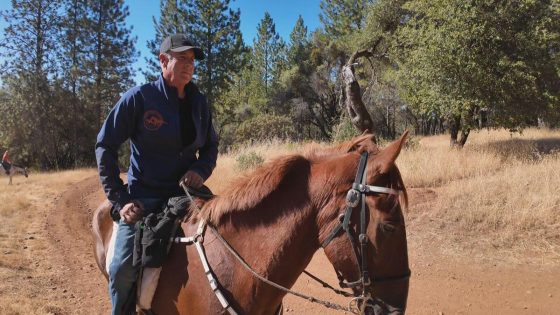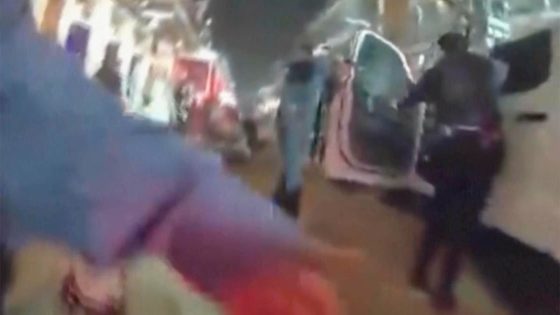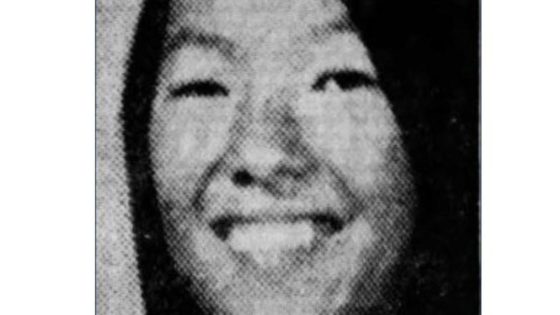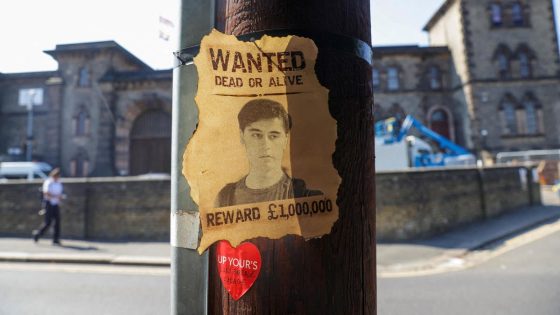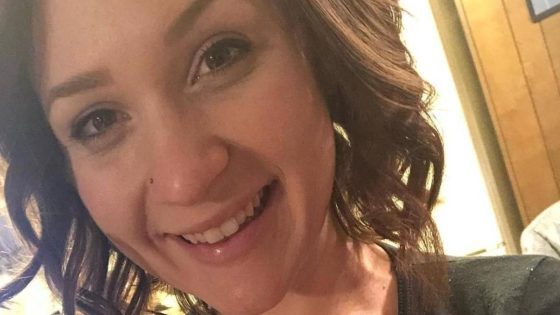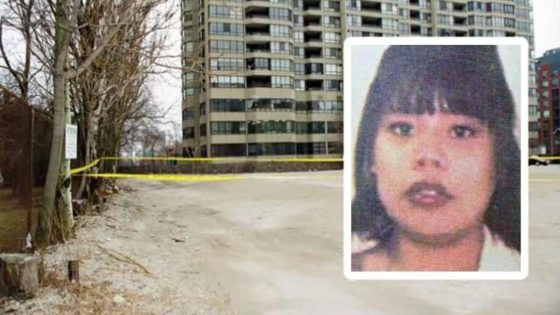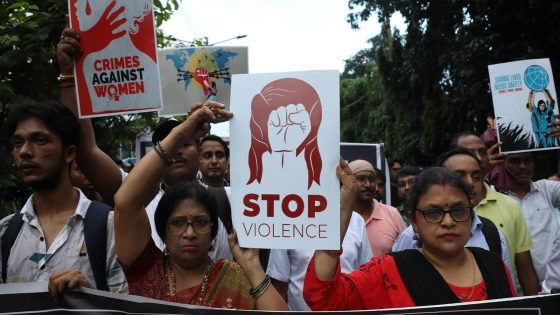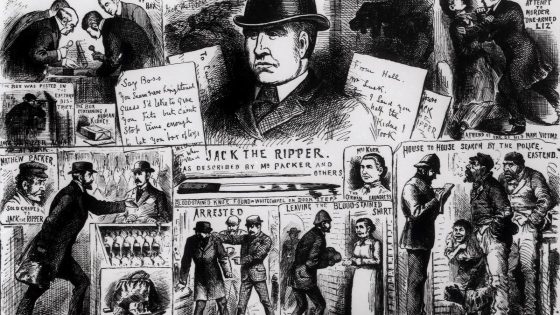It was Labor Day weekend in 2003 when the peaceful trails of the Sierra Nevada foothills near Auburn, California, became the backdrop for a chilling discovery. Matt Scribner, a local horse farrier and trainer who was known for his long-distance riding, found himself questioning the unusual sight of a freshly dug hole along his usual trail. Just a few miles northeast of the small town of Auburn, this disturbance would soon intertwine with a local tragedy and escalate into a heartbreaking murder case.
- Matt Scribner discovered a suspicious hole.
- Justine Vanderschoot was reported missing.
- Bezemer and Fernandez charged with murder.
- Fernandez confessed, leading to Justine's grave.
- Plea deals resulted in significant prison sentences.
- Fernandez seeks to overturn his conviction.
Scribner recalled the moment vividly, riding his horse through the remote wilderness when he first noticed the dirt piled up where it shouldn’t be. “The rest of my ride, I kept trying to justify why [the hole] was there,” he told a reporter several years later. That unsettling feeling lingered, haunting him for years to come. When “48 Hours” contributor Natalie Morales revisited the scene, Scribner voiced the vivid memories—one that unexpectedly tied him to the investigation of a missing teenager, Justine Vanderschoot.
Just days later, on September 2, the Vanderschoot family reported their 17-year-old daughter missing. Justine’s parents, Don and Lynnette, had been worried when they realized Justine hadn’t returned home. Lynnette woke up to find her daughter’s bedroom empty, and Justine’s truck was missing from the driveway, leaving the family frantic. As the community rallied to find her, hope waned; more than two weeks passed without a trace.
All the while, Scribner was unaware that his curiosity about the hole would become a critical piece of the investigation. Upon returning to the site a week later, he spotted a mattress where the hole had been—another sign that something sinister had unfolded there. It wasn’t until he read about Justine’s remains being discovered that the connection clicked into place, prompting him to contact law enforcement. “I saw the freshly dug hole three days prior to her disappearance,” Scribner recounted, his voice laden with the weight of guilt and helplessness.
The investigation quickly began to zero in on Justine’s boyfriend, Danny Bezemer, and his roommate, Brandon Fernandez. Described by friends as jealous and possessive, Bezemer believed Justine was unfaithful, a suspicion that sowed dangerous seeds in their relationship. Retired Placer County Sheriff Ed Bonner commented on the urgency of the situation: “There is a belief right away that [Bezemer and Fernandez] are concealing something about Justine’s disappearance.”
On September 17, 2003, the FBI stepped in. Agents interrogated Fernandez and Bezemer separately, hoping to break the tense silence. Under pressure from authorities, Fernandez eventually confessed, claiming Bezemer had strangled Justine and compelled him to help bury her near the very spot Scribner had seen just days before. The coroner’s autopsy would later confirm a grim reality: Justine had still been alive when they covered her with dirt.
Faced with overwhelming evidence, the two defendants were offered plea deals to avoid the emotional toll of a prolonged courtroom battle. In 2005, Bezemer pleaded guilty to first-degree murder and was sentenced to 25 years to life imprisonment, while Fernandez accepted a second-degree murder charge with a sentence of 15 years to life in exchange for his cooperation. Yet, in a turn of events, California’s changing laws around murder convictions opened a new door for Fernandez. With the legal landscape shifting, he claimed he was not guilty of Justine’s murder and sought to have his conviction reduced to accessory after the fact, asserting he was coerced into participating in the burial.
The case became a point of contention for the Vanderschoot family, who voiced their concerns about the potential release of Fernandez, felt he remained a danger to society, and believed both men were equally complicit in the crime. Lynnette Vanderschoot poignantly stated, “He still has not taken any responsibility. He’s guilty just as much as Danny.”
As legal arguments unfold, an evidentiary hearing is set for May 2024, where both sides will present their cases. If Fernandez’s bid is successful, he could be released on time served, a prospect that looms ominously over victims’ families still mourning their loss.
In a poignant reminder of the unresolved pain, Justine’s sister, Christine, expressed the profound sense of duty felt by the family: “She doesn’t have a voice, so we’re her voice.” The story that began in inexplicable curiosity now stands as a stark reminder of the threads of violence that can unravel a community, leaving it grappling with the echoes of the past and the challenges of justice.



